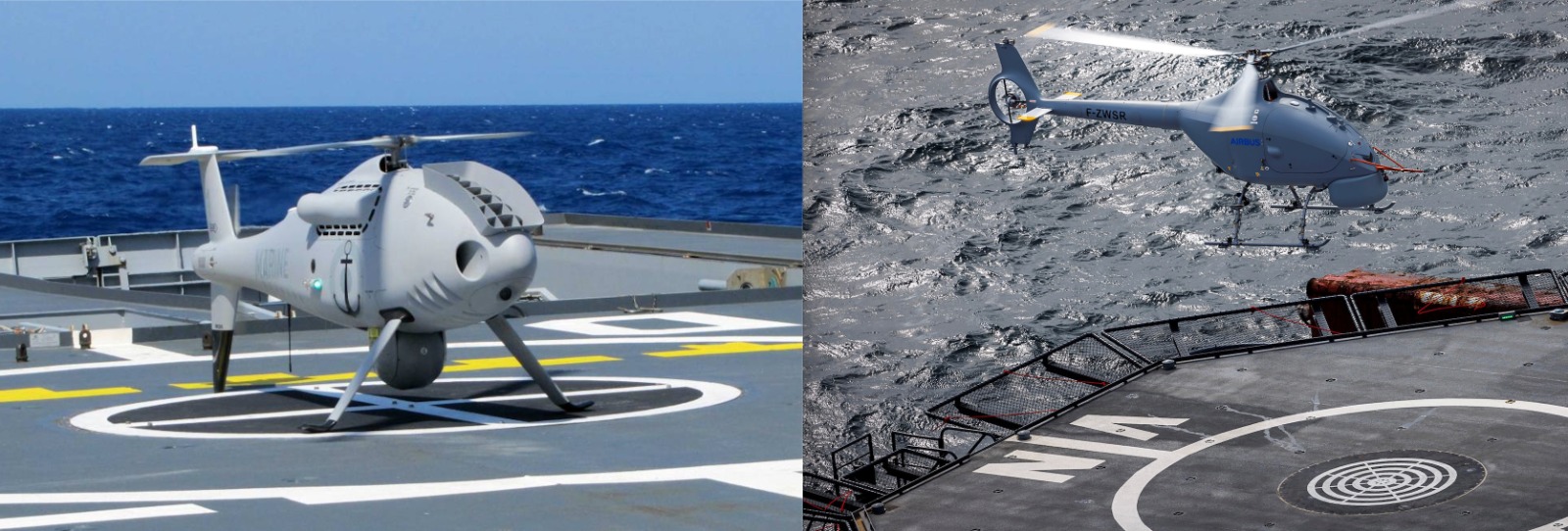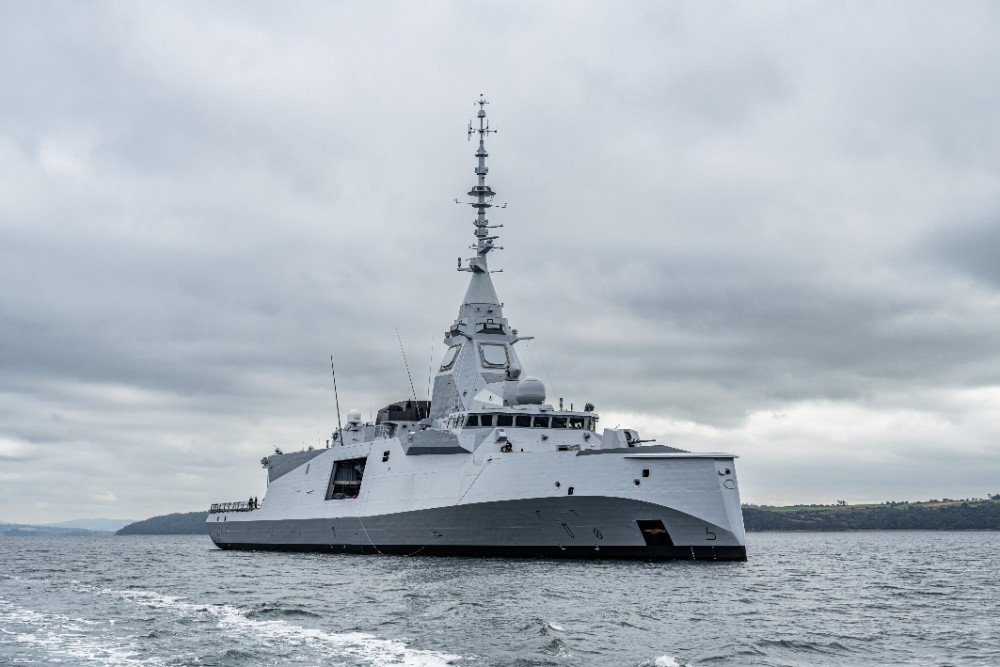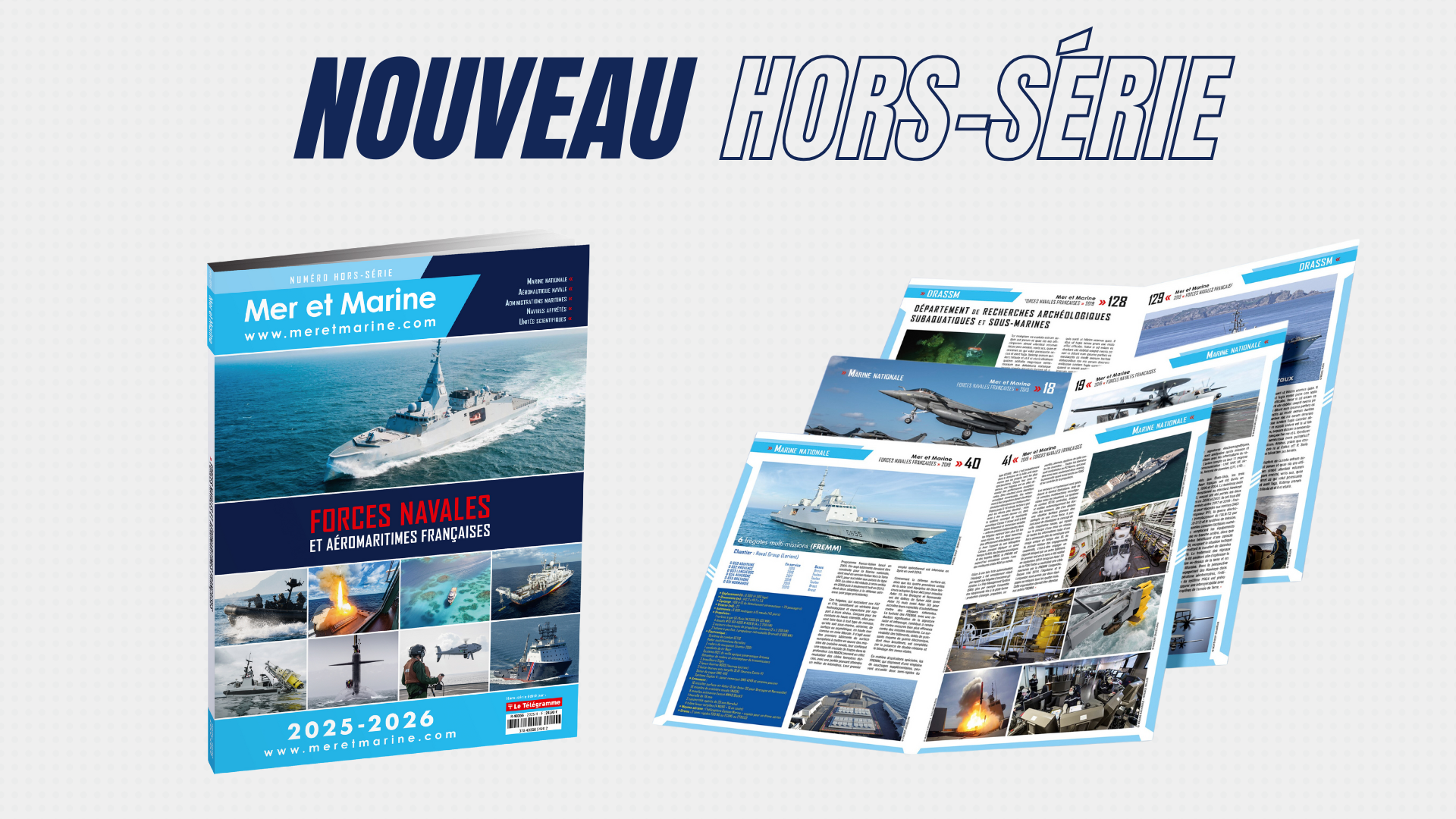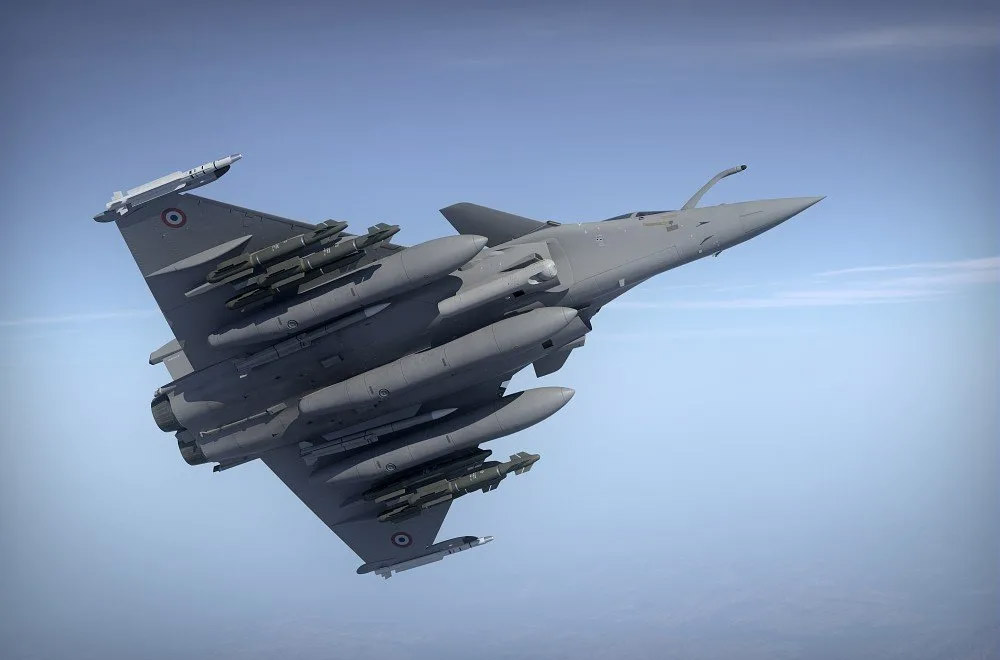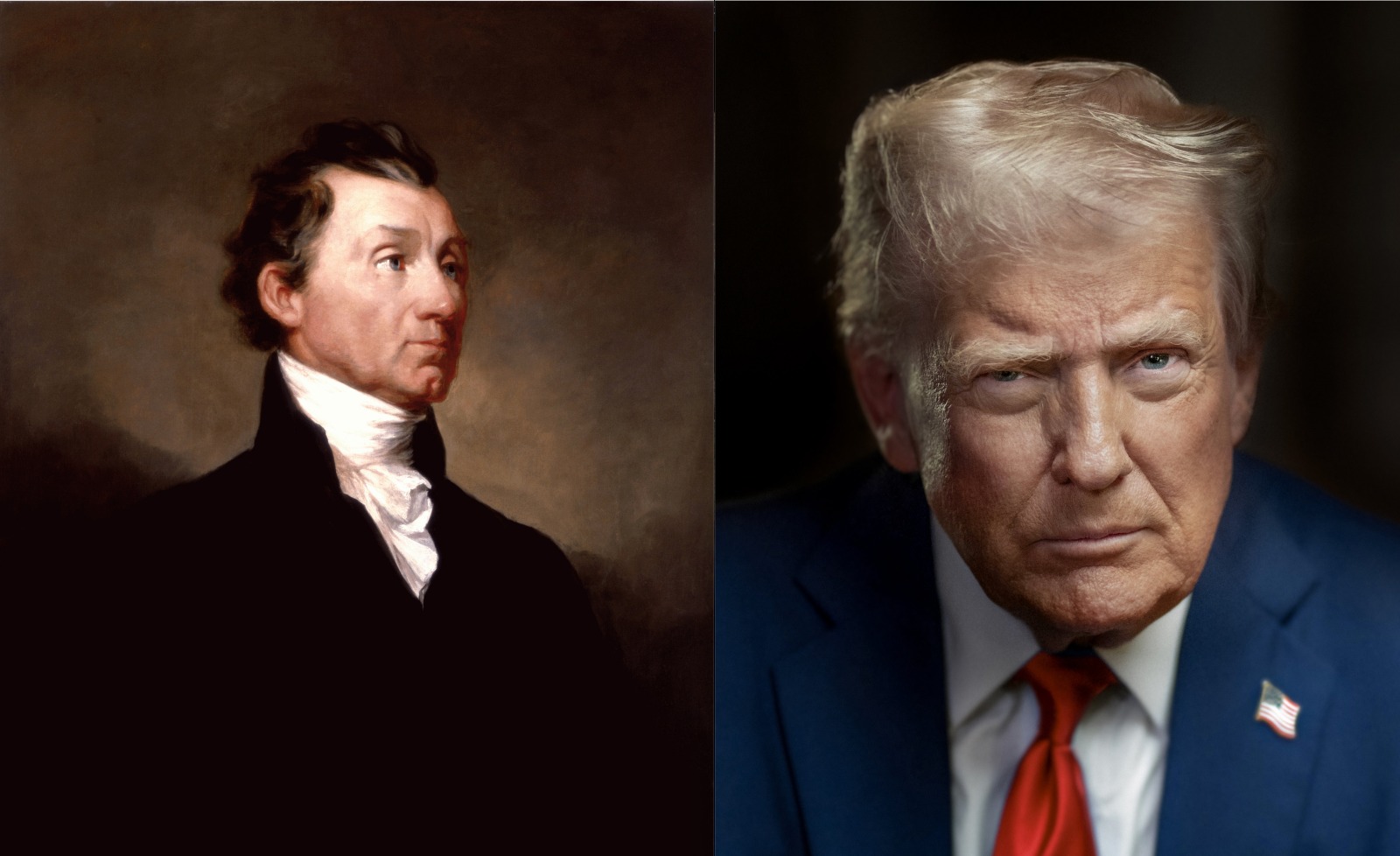Edition anglaise
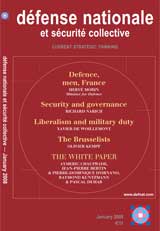
January 2008 - n° 704
Defence, men, France - Hervé Morin
France benefits from armed forces that are highly regarded and have successfully completed the change to all-regular status. Yet today they have to face new challenges: making a bigger contribution to security within France, taking European defence forward, making the best use of increasingly precious human and financial resources. The answer lies in capabilities suited to the new operational needs, rationalised support and a reorganised Ministry of Defence.
Security and governance - Richard Narich
This article considers the true meaning of the concept of security, which is less evident than defence, the two areas being increasingly linked. The themes covered in this piece include security as a new, real, planet-wide challenge; global, integrated action as the response to this challenge; and proposals concerning France at a time when a new White Paper is being drawn up.
Liberalism and military duty - Xavier Woillemont (de)
Liberal thinking seems to have come out on top in the battle of principles and yet it is fundamentally incompatible with the concept of military duty. How can one defend to the death a society whose aim is one’s own preservation? How can one believe that economic development will necessarily lead to the end of all conflict? To respond to this liberal paradox, we have to look at conflict in a different light, which can be useful and creative. Above all, we have to create a new basis for military duty by rekindling common values within our liberal societies. Working from a fertile base level of common values is essential to the notion of collective obligation. Rediscovered patriotism and common conviction with regard to national interests will go hand in hand with renewed commitment to these universal values in justifying military duty.
Industry in our future - Jean-Louis Levet
France must base itself on its industry to boost its economy and tackle unemployment. Industry has been written off prematurely since the end of the 1980s; however, the modern concept of industry (which covers all aspects of the system of production) remains the essential lever of our prosperity. In a global economy polarised by the ruthless struggle between financial capitalism and the capitalism of knowledge, many countries have shown that it is possible to act. France and Europe must work to construct a veritable project of development through industry.
An active, confidence-inspiring Europe - André Danzin
Problems are planet-wide and require a collective European response. A pole of civilisation, Europe will be forward-looking, introduce policies for sustainable development and prepare the younger generation for a ‘new world’. To do this, the Union must be strong through its independence in food and energy and scientific resources, and through its defences against the various forms of corruption of the world economic system, which is under attack in particular by speculation in the turbulent capital market.
Terrorism and the media: a diabolical relationship - Patrick Brunot
Public information is now at the very heart of defence policy, so the media can no longer be regarded as mere spectators, but rather as inevitable players, carrying ever more weight in crisis management situations. It would seem on the face of it difficult to develop a code of good conduct, but shouldn’t at least a certain number of principles be defined?
The European Union and the fight against terrorism: an effective policy? - Pierre Berthelet
Although anti-terrorist action by the European Union (EU) has been prolific since the attacks on European soil, has it been effective? It is difficult to answer this question, as the policy is still being worked out and the actions of EU institutions remain largely subsidiary to those of member states.
The UE's energy requirements: the importance of the Black Sea region - Fondation pour l'innovation Politique
Summary of the round table held on 7 November 2007 by the French Foundation for Political Innovation on ‘The EU’s energy requirements: the importance of the Black Sea region’. Participants included Andreas Schockenhoff (Bundestag member and Vice-President of the CDUCSU group), Agnija Rasa (member of the cabinet of the European Commissioner for Energy) and Alexandre Vulic (Deputy Director of the Office of East European Affairs at the French Ministry of Foreign Affairs).
The Brusselists - Olivier Kempf
The debate about France’s place in NATO is an old one, older even than General de Gaulle’s decision in 1966 to quit the integrated military organisation. French political life used to have three major families; a fourth that has just appeared claims that it can avoid the dead ends of its three predecessors. That is what is discussed here.
Security intelligence: a challenge for intelligence of military interest - Jean-Paul Staub
Changes in the threat and its perception are leading to a blurring of the traditional distinction between defence and security, and a reorienting of the armed forces’ missions. That is a major challenge for the intelligence community, which has to take account of additional requirements in a context of evolving technology, legal and financial constraints, and the services’ various capabilities. The latter are addressing the challenge and adapting. The solutions lie mainly in the improvement of coordination and greater international cooperation.
Effects Based Approach to Operations: just a fashion? - Marc Humbert
EBAO stands for a totally new approach to planning and executing operations, built on the relation of causality, the multiplying effect of technology and systemic analysis. Developed by the Americans and adopted by NATO, this sophisticated method supposedly makes it possible to reach the end-state of a military intervention through the control of each and every effect of the actions conducted. Its failure in managing complexity should not prevent us from taking its better aspects into consideration, for instance the capability of fairly sharing the burden between the military and other agencies (Interagency).
Adopt the Effect-Based Approach to Operations? - Marc Humbert
There is no doubt that the EBAO concept, which aims at the ultimate cohesiveness of all assets deployed during an intervention, be they civil or military, has advantages. But its supposedly scientific foundation and its heavy, procedural methodology also present major challenges. Nevertheless, the French contribution to the development process and the Multinational Experiments provides the French military with the opportunity of staying interoperable from the start and fosters a revival of military thinking.
Subcontinental states: a retrospective view - Roberto Nayberg
Subcontinental states are distinguished from others by the size of both their territory and population. At present five in number—the United States and the four BRICs (Brazil, Russia, India and China)—they are analysed here using the composite indicator of power method over the period 1961 to 2005. The main developments in their power are shown and possible balance of power problems outlined.
Politics and the military in Iran - Ahmad Naghibzadeh
The involvement of the military in politics is commonplace in the Middle East. Iran, where the military and religious leaders work in concert, is a special case. Today the mullahs have only the Pasdaran to support them. There is little doubt that the latter will play the leading role both nationally and internationally.
Power projection: an asset for France - Aymeric Chauprade
Following an analysis of geopolitical developments in the world, the author evokes the most likely threats that France must be prepared to face and argues that it should maintain and develop its power projection forces.
The oneness of armed conflict - Pierre-Dominique Ornano (d'), Jean-Pierre Bertin
The protean nature of modern conflict has given rise to the development of typologies mainly constructed around the distinction made between crisis and war. This opens the way to the forming of forces of small size with lower performance equipment adapted to the type of mission envisaged in forward planning. This specious process dangerously overlooks the comprehensive nature of conflict, which remains the basis for thinking and decisions on the composition and equipping of effective armed forces.
Errors to avoid - Raymond Kuntzmann, Pascal Duhar
France must avoid any reduction in its operational capabilities in the next two decades. It must therefore resist the temptation to resort to a still evolving European defence system, indeed it must leave that out of the reckoning. Nor must it succumb to the fashionable view that the segmentation of conflicts or the fight against terrorism can form the only basis for determining the make-up of its defence forces.


